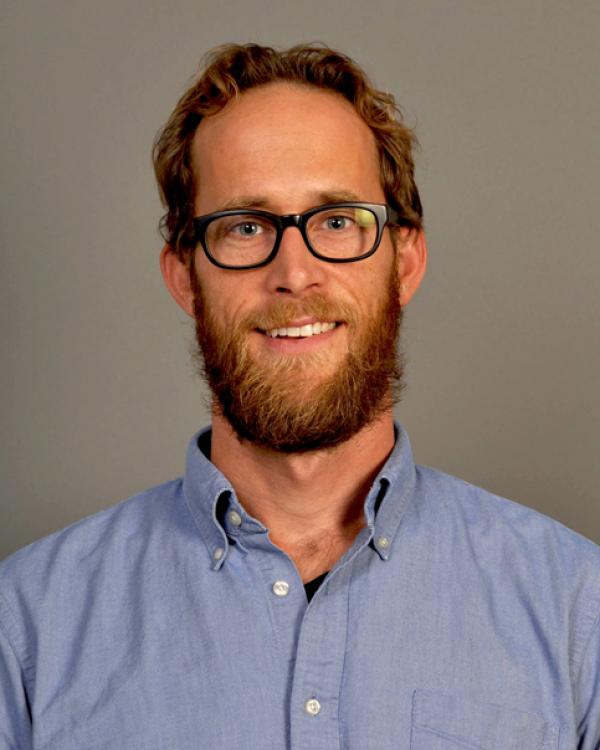
The Gevirtz School thanks Tine Sloan for her 12 years of service as director
UC Santa Barbara’s Gevirtz School has named Andrew Fedders as the interim director of its Teacher Education Program. Fedders has been appointed to the post as longtime director Tine Sloan has stepped down to focus on her teaching and acting as PI for a $1.5 million UC President’s Research Catalyst Award.
“Dr. Fedders’ skills as an administrator and educator, combined with his years of experience in the GGSE community, make him a stellar choice to step in and lead our nationally-acclaimed Teacher Education Program,” says Gevirtz School Dean Jeff Milem. “The School also acknowledges the twelve years of leadership of Dr. Tine Sloan, who has helped create a model teacher education program. We look forward to hear, and put into practice, what she learns from the Catalyst grant, as she leads a nine-campus research consortium aimed at improving teacher training.”
“This is a valuable opportunity to collaborate more closely with so many people that, for years, I have admired from a distance,” Fedders says about his appointment. “I am humbled and honored to work with all of these educators. I am also thrilled to be given the chance to use my background in special education to enhance the TEP’s focus on the individual differences of an increasingly diverse population of students in schools.”
Andrew Fedders is a Lecturer with Security of Employment and the coordinator of the Education Specialist Credential (ESC) program in the Teacher Education Program (TEP) at UCSB. He has worked in special education for over 15 years, starting as an instructional assistant in 2001. In 2004, Dr. Fedders earned his credential to teach students with moderate and severe disabilities. He then worked as a special education teacher in Santa Barbara area schools until 2008. As both an instructional assistant and a teacher, he gathered extensive experience teaching students with autism and other developmental disabilities that had extremely challenging behaviors and profound communication needs, as well as experience teaching students that had significant emotional and behavioral disorders. While working with these diverse caseloads of students, Dr. Fedders designed and managed both special day class programs and inclusion programs that emphasized systematic instructional practices, social and academic participation the school community, and fostering student independence. From 2006 to 2008, he served as a cooperating teacher for the TEP, beginning his career as a teacher educator. In 2008, he completed his MA and stopped teaching to pursue a PhD in Education at the Gevirtz School with an emphasis in Special Education, Disabilities, and Risk Studies. As a fulltime graduate student, he continued his direct service career in special education by working as a program supervisor for the Koegel Autism Center from 2008 to 2011. During this time, he also progressed in his work as a teacher educator by assisting the ESC program coordinator with the supervision of ESC candidates’ student teaching, course instruction, and other credential related tasks. In 2011, Dr. Fedders received his PhD from UCSB and became the coordinator of the ESC program.
The Teacher Education Program at UC Santa Barbara’s Gevirtz School offers the Multiple- Subject, the Single-Subject, and the Education Specialist Moderate/Severe Teaching Credentials with a Master's Degree in Education. These programs provide future teachers with a solid theoretical foundation integrated with extensive fieldwork that leads to both a California State Teaching Credential and a Master's Degree in Education. The programs are run as a cohort, with the elementary and secondary cohorts no larger than 50 students each. This allows for the individualized attention necessary for high-level preparation of reflective, skilled practitioners who can meet the needs of a diversity of learners in California schools. The Teaching Credential Programs are full-time, post-graduate programs that begin in June and conclude the following June. Teacher candidates have the option to work on the Master’s Degree concurrent with credential coursework. It is one of the highest quality programs in the nation, with state-of-the art practice grounded in partner schools, a focus on teaching to reach all learners, and teacher educators with established records of success.